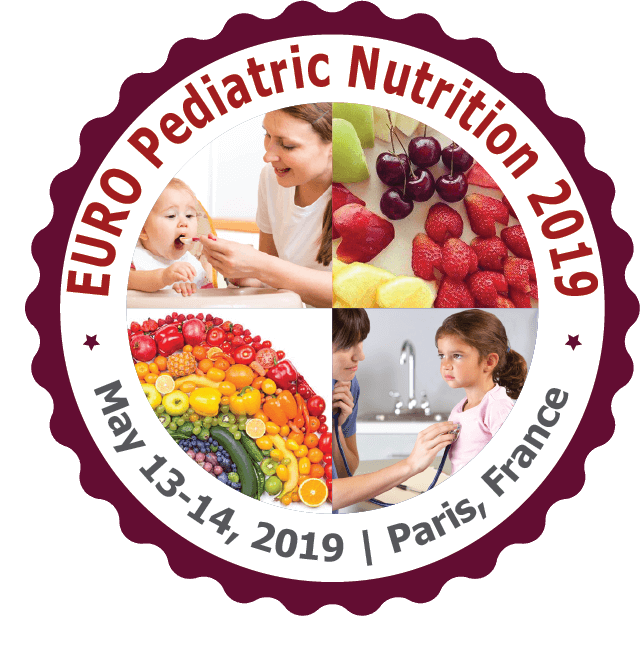
Chhaya Akshay Divecha
Chhaya Divecha, National University of Science and Tecnology, Oman
Title: Effectiveness of asthma educational intervention in improving asthma knowledge and attitudes of parents/ caregivers of asthmatic children.
Biography
Biography: Chhaya Akshay Divecha
Abstract
Aims & Objectives: Research shows positive effects of asthma education in improving parental knowledge, self-management skills and reduced health care costs. Such studies are lacking in developing countries. We studied effectiveness of educational intervention in improving knowledge and attitudes of parents/caregivers of asthmatic children.
Methods: Study was conducted in Pediatric chest clinic of tertiary hospital (India) over 21 months after ethics committee approval. Recruited parents were randomized into interventional group (A) receiving education module and control standard group (B). Parents’ asthma knowledge and attitudes were assessed at baseline and 5 months post-enrollment using 25-item questionnaire. Detailed demographic data, clinical data and exacerbations during study were noted.
Results: 75 parents/ guardians fulfilling inclusion criteria were analyzed (cases/Group A:37 and controls/ Group B:38). 8.3% parents/caregivers were illiterate. Around 36.9% had family history of allergy/asthma. Mean scores at baseline and follow up were 8.37 and 11.06 respectively. Parents did better on knowledge items related to chronicity, family history, chronic cough, home administration of steroids in acute severe asthma and maintaining records of clinical/medications for good control. Intervention group (A) showed significant improvement in most attitude based questions post-intervention as compared to non-intervention group (B), especially in improved quality of life after inhalation therapy and improved prognosis post-childhood. There was no statistically significance in asthma severity and control between groups at follow up.
Conclusion: Small group education on asthma in parents/ caregivers improves their knowledge and attitudes. Health care plans should invest in pediatric asthma education and identify key personnel and opportunities in routine care to impart the same.

